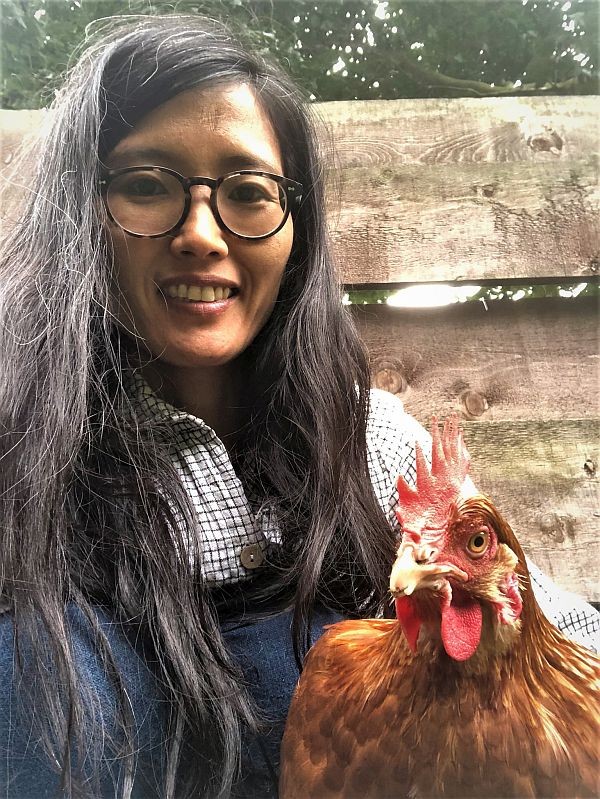
Chizuru Nobe-Ghelani
Chizuru Nobe-Ghelani is a racialized migrant settler who is originally from rural Japan. Her scholarship and pedagogy are informed by extensive social work practice in the area of health and wellbeing with marginalized communities both locally and internationally. Her research is centred on the politics and policies pertaining to migrant communities, particularly regarding the colonial and racial politics of Canadian citizenship, historical and contemporary immigration, refugee and citizenship policies, social and structural determinants of migrant health and Indigenous-Migrant relations.
Chizuru loves to work with the community and is a member of the National Newcomer Collective for Truth and Reconciliation (external link) and Siinqee Institute (external link) . Her emerging area of scholarship is earth-based healing grounded in trans-local ancestral knowledge. Chizuru explores earth-centred healing not only at an individual level but also at the community and ecological level. Drawing on her cultural and spiritual upbringings of grassroots animism passed down from her Baachan (grandmother), Chizuru believes deeper connections with the more-than-human world can be a threshold for a better world for all beings.
She is a registered social worker, a certified forest therapy guide and trained in horticultural therapy.
Research interests
- Community engaged truth and reconciliation for newcomer communities
- Earth-based healing and social and ecological justice
- Arts-based inquiry on anti-Asian racism and coloniality
- Spirits of Grandmothers
Research projects
- Indigenous-Migrant relationality in the context of truth and reconciliation (SSHRC Knowledge Synthesis grant & UW/SSHRC Robert Harding/Lois Claxton Humanities and Social Sciences Endowment)
- Forest bathing as a methodology: A narrative review on the role of embodied earth-based practice in social and ecological justice (Renison University College research grant)
- Renewing relations with local lands: Exploration of Indigenous and Refugee Relations with the Canadian Centre for Victims of Torture (York University CUPE3903 Unit 2 Research Fund & Renison University College research grant)